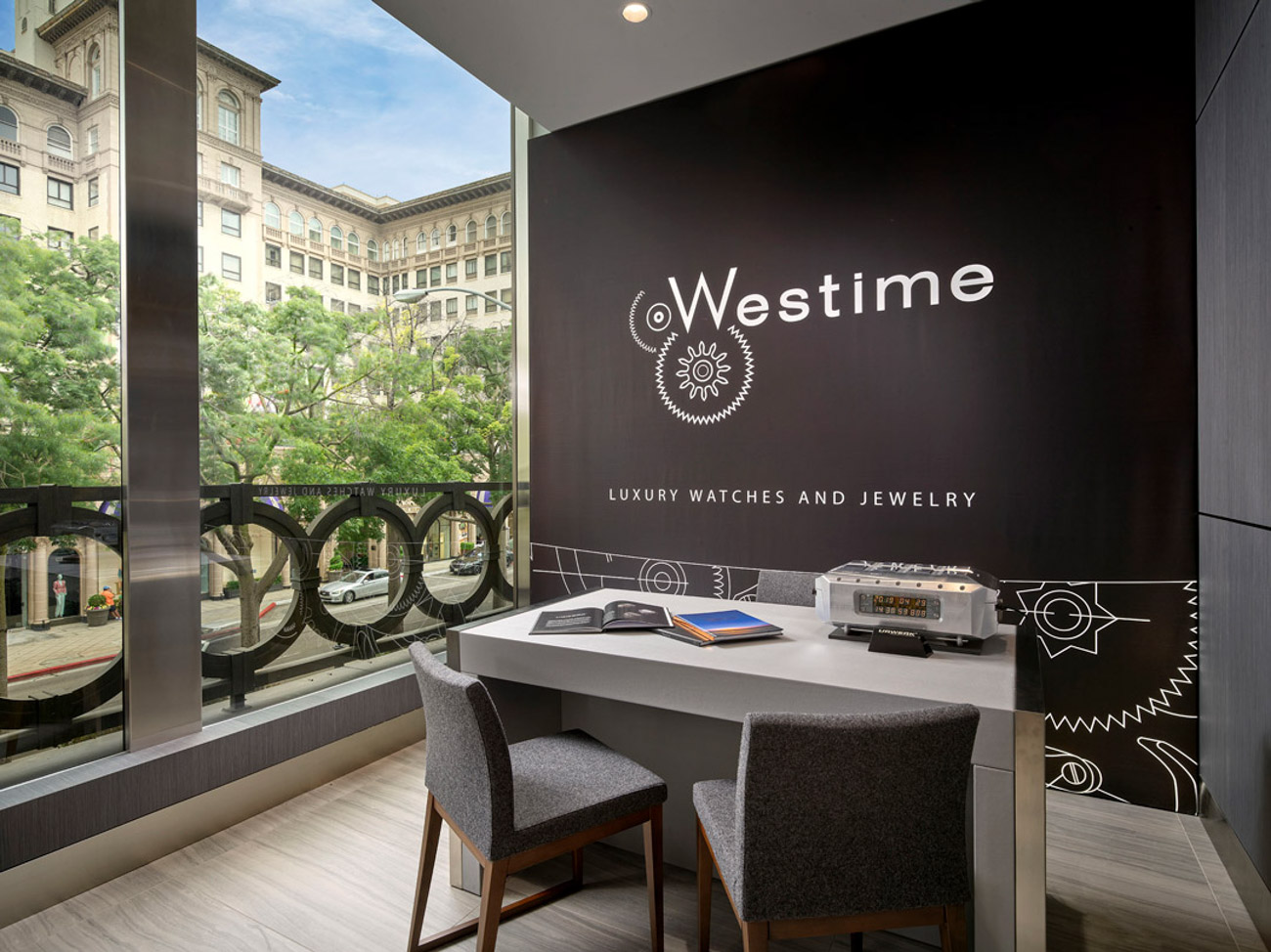
For years now, the Westime name has been a staple of luxury watch retail in Los Angeles. Founded by John Simonian, the retail division of Westime is currently led by his son, Greg Simonian, whom I recently spoke with about the business of selling timepieces under commercial restrictions during the current global pandemic. The context for watch retailers these days is challenging, but watch retail remains the lifeblood of the luxury timepiece industry. Until recently, most watch retailers around the globe were compelled to close their stores until further notice. Watch stores in particular parts of the world (such as Germany and China, for instance) are beginning to open up again, but most watch retailers (namely in the United States) are still closed to the public until further notice.
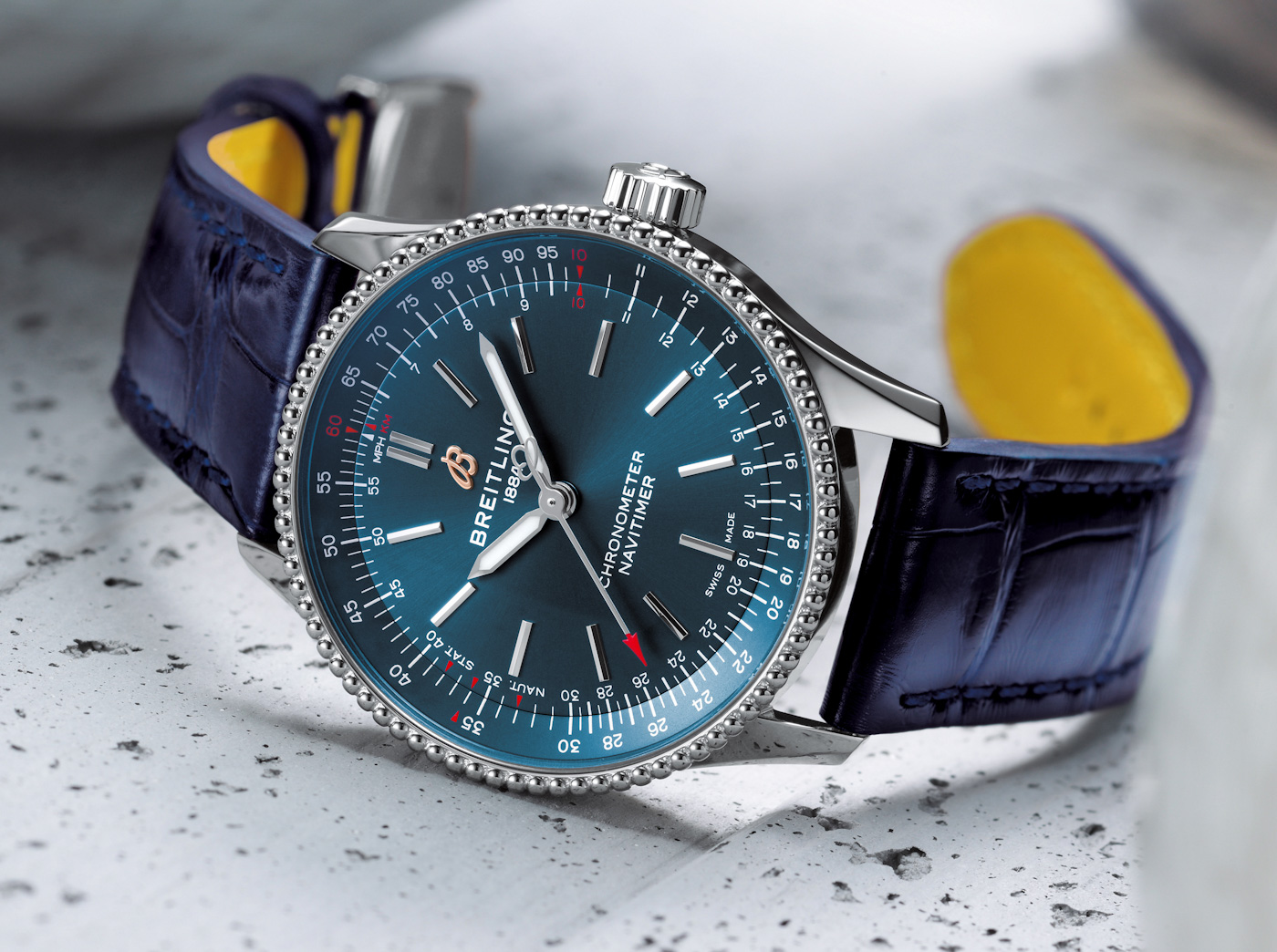
The health and success of watch retailers are integral to the success of the luxury watch industry in general. To learn about how watch retailers are faring (and adapting) during the COVID-19 crisis, I wanted to understand how a retailer like Westime was not only responding to commercial restriction in California, but also to gather insight on how retail can continue, and how watch consumers themselves are responding. Thank you again to Mr. Simonian for his time and valuable look into the operation of Westime (along with its other stores and brand relationships, such as its monobrand boutiques) during an unprecedented time in our history.
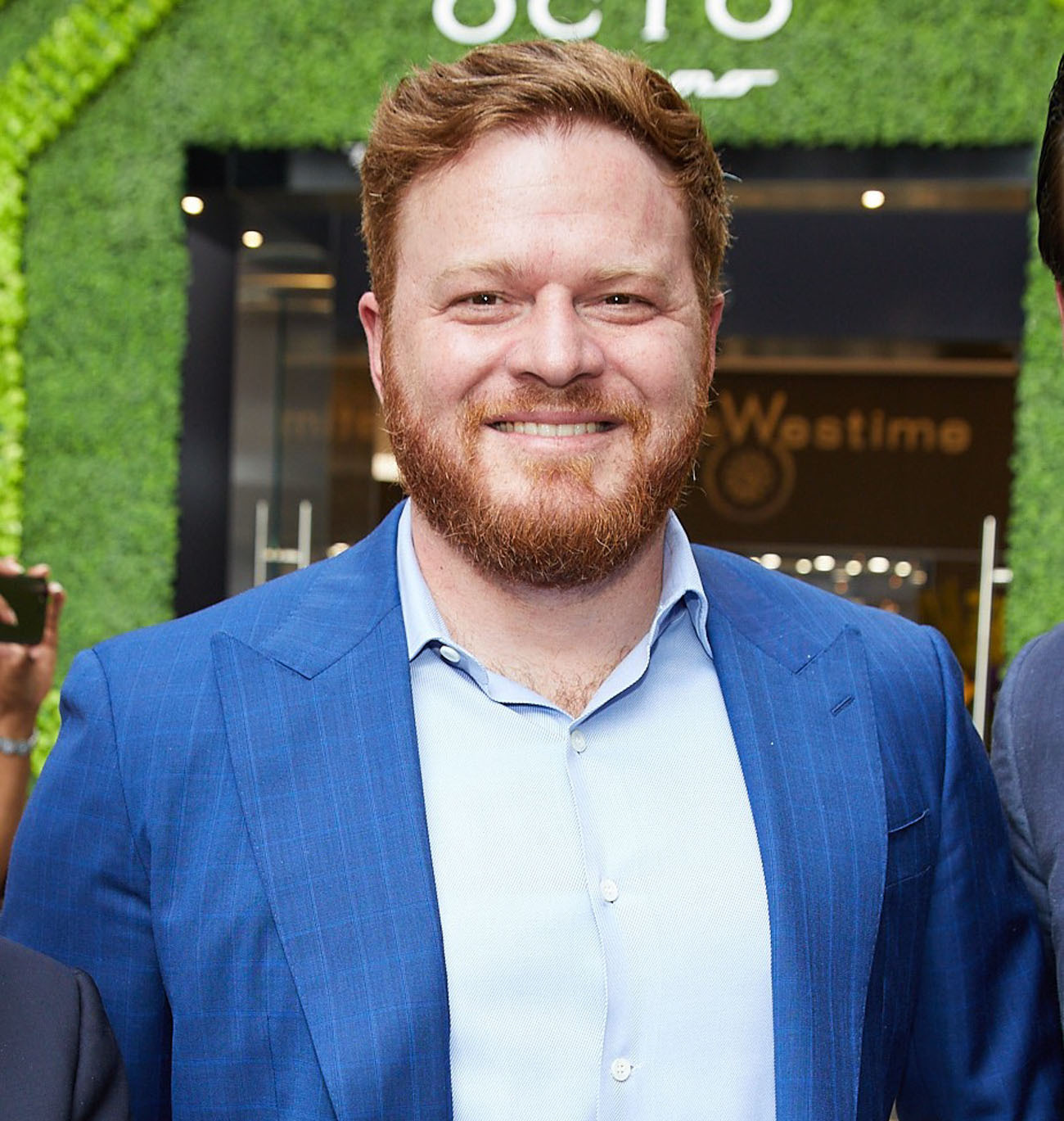
Ariel Adams (AA): Greg, thank you for taking the time to share some of your current experiences as an important timepiece retailer during the COVID-19 pandemic crisis. When Westime first learned about the global and California commercial shutdowns that would force your retail stores to close, what were some of your initial emotional reactions? What were some of the first steps you took as a business and seller of fine watches to protect a modicum of ongoing operations during the “shelter in place” orders?
Greg Simonian (GS): Immediately, I had great concern for the community, for the economy, for our salespeople and families. A million scenarios went through my mind: how long will it last, what will the long term look like? All of our various stores operate slightly differently, so I ran through everything in my head, to take into account all of the changes. When the closure was ordered in Beverly Hills, and not yet in other markets (L.A., San Diego, Las Vegas, Miami, and New York), I decided to shut down all stores.
In L.A., where I am, the first step was to visit every store that morning that would shut down. I talked to staff about what assets they would need to work remotely from home, and forwarded all phone calls and emails to salespeople at their homes. We made sure we had repair logs all up to date so when customers called about the status of repairs, we would have the answer. We absolutely want to deal with clients as best as we can. The IT team set everyone up at home in a short amount of time. Those were the first steps. Later on, we launched an online chat function to make sure customers can communicate with us online, as well.
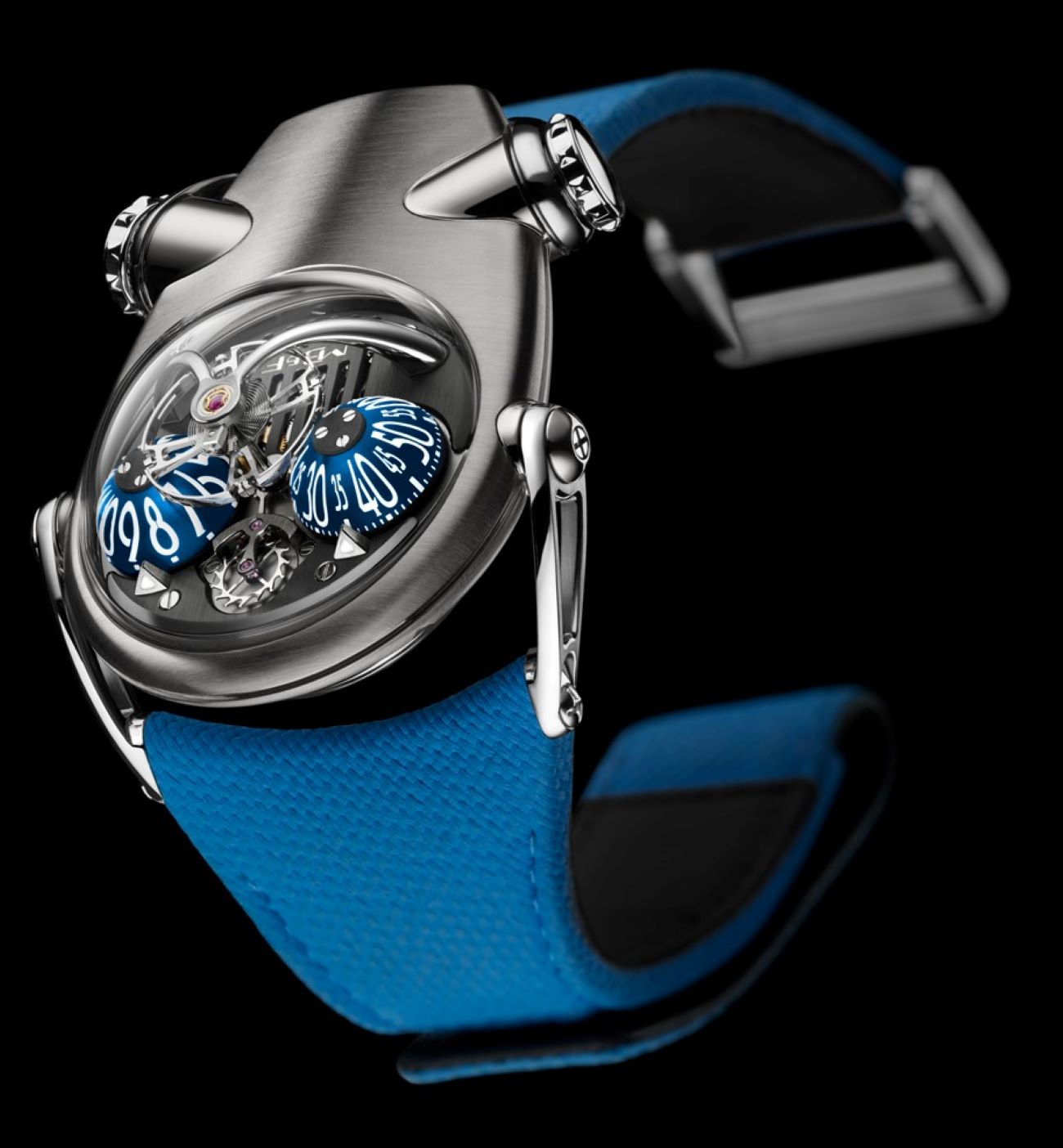 AA: Westime, like some other retailers, has sent notices that they are still operating, even as their retail locations are temporarily closed. What exactly is running a watch retailer operation like when the stores can’t be open? Help shine a bit of light into what it is like running Westime during a pandemic, where in-person consumer traffic isn’t possible.
AA: Westime, like some other retailers, has sent notices that they are still operating, even as their retail locations are temporarily closed. What exactly is running a watch retailer operation like when the stores can’t be open? Help shine a bit of light into what it is like running Westime during a pandemic, where in-person consumer traffic isn’t possible.
GS: Some brands continue to launch products, and some customers express interest in buying. Our inventory isn’t necessarily readily accessible, but we’re finding unique solutions for each sale. For example, when one L.A. customer we know reached out to us about Ulysse Nardin, he said he wanted to try the watch on before he made his decision to buy it. So we are charging his card for the watch before delivering it to him, but making it easily refundable. Also, we are having customers size their own wrists so we can size watch bracelets remotely. We can provide contact-less delivery outside peoples’ homes.
We all are reaching out to our clients in sensitive ways; we’re calling customers about repairs. Naturally, some are frustrated to learn that their repairs are delayed due to business closures here and in Europe. Now we are offering to take their watch that is in for repair as a trade towards an immediate purchase of a new watch. We’re letting customers know that sales from our Messika boutique support a local charity we have a longstanding relationship with, and we’re just engaging with them to share fun Zoom backgrounds, for instance. So every sale is unique.
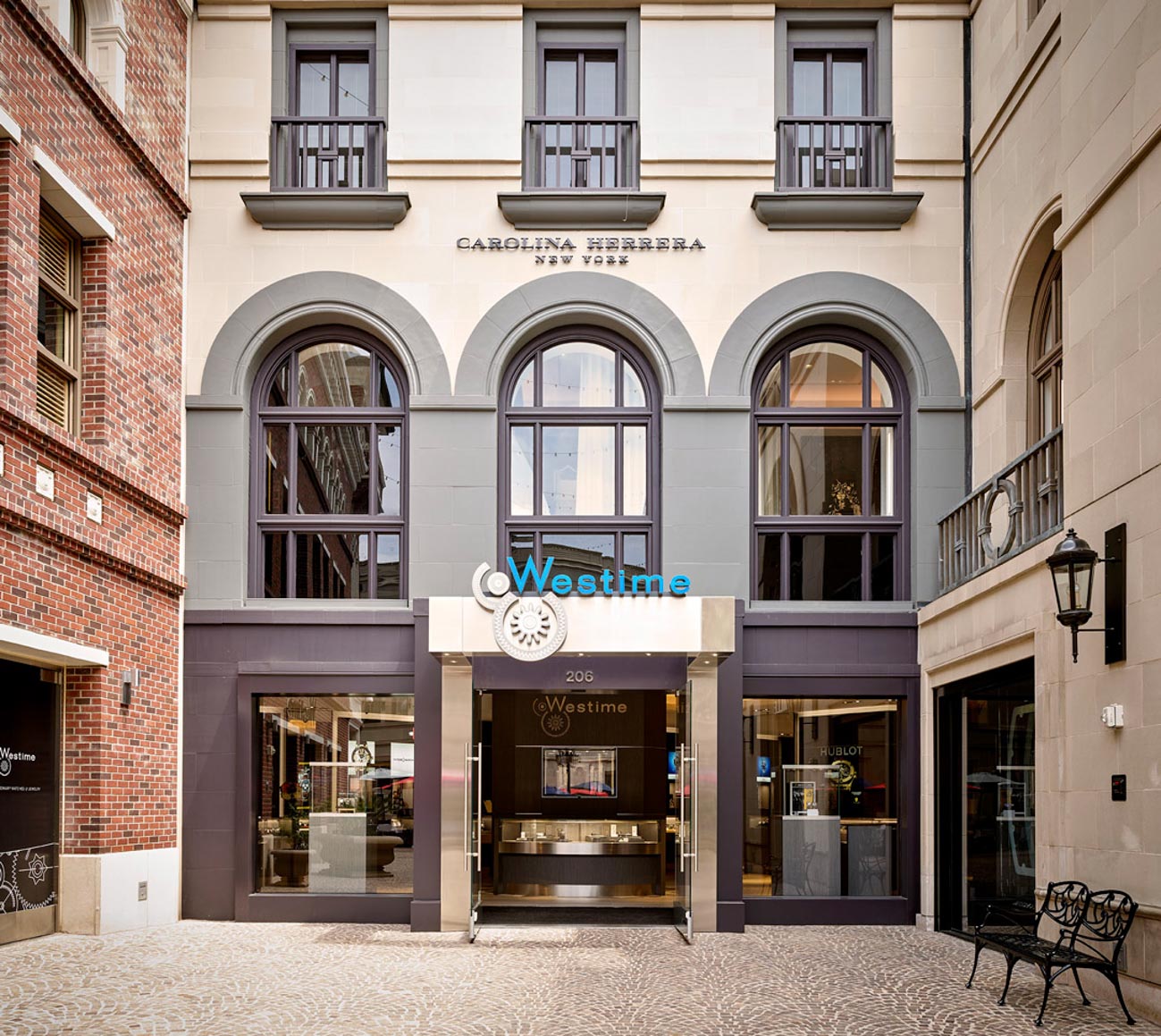
AA: Is it true that commercial activity (people buying watches) has entirely stopped? COVID-19 has prompted a lot of retailers to re-examine their remote sales and marketing activities, as those are some of the only viable business channels that remain. Is Westime similarly focused on remote sales? Tell me a bit about what that is like in comparison to your typical day-to-day business that includes sales to consumers both in-store and on the phone, as is common for Westime and a handful of other important authorized watch retailers in the United States.
GS: MB&F and Breitling both launched watches since the shutdown. MB&F was hugely successful for us; it was a nice distraction for our clients, and we managed to sell some pieces. Breitling’s new limited editions are already sold out, and they have gotten huge attention. So there is still activity, and there are still people buying. And like we talked about earlier, we are offering new ways to communicate, resulting in unique sales solutions. Another new tool for us is to sell fully refundable gift certificates, which someone could purchase and give for occasions like birthdays, anniversaries, or Mother’s Day, which occur during the shutdown. They are no-risk gift cards — if the customer changes their mind, we will refund them in full.
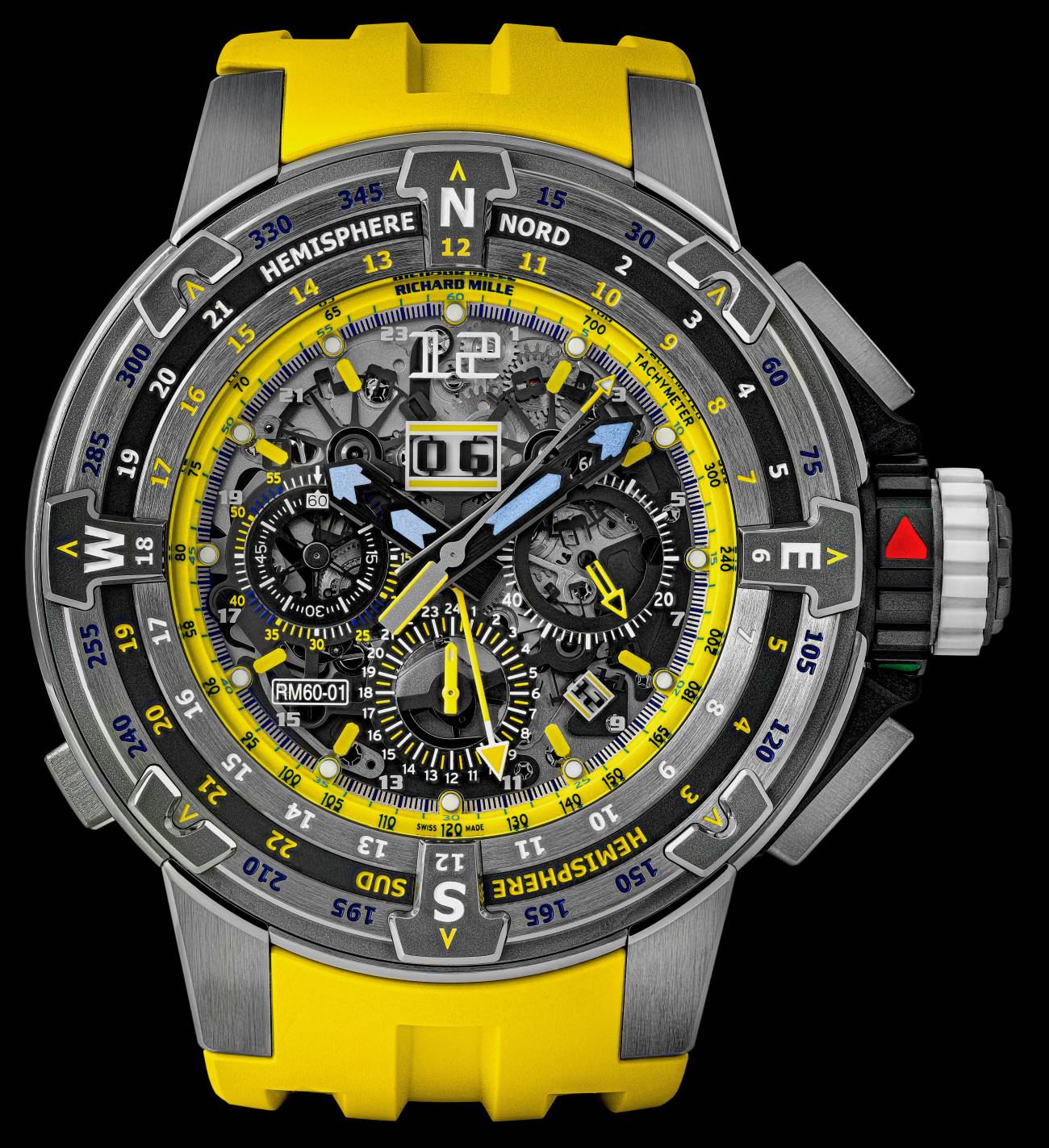
AA: Assuming Westime is still experiencing sales activity, tell us about how COVID-19 has changed consumers’ habits, choices, concerns, and in general how conversations with customers have markedly changed since the shelter in place orders were implemented.
GS: A lot of customers now spend a lot of time browsing, searching, and asking questions. There is overall a lot more conversation, I’d say. And by making our salespeople available 24/7 by website and phone, Westime is accommodating that. Customers really are embracing the distraction.
AA: Often, a good luxury watch retailer is also a friend (and something of a therapist) to top clients. What types of things are you saying to reassure top Westime clients, and what are some of the more interesting or perhaps amusing discussions that the last several weeks have introduced you to?
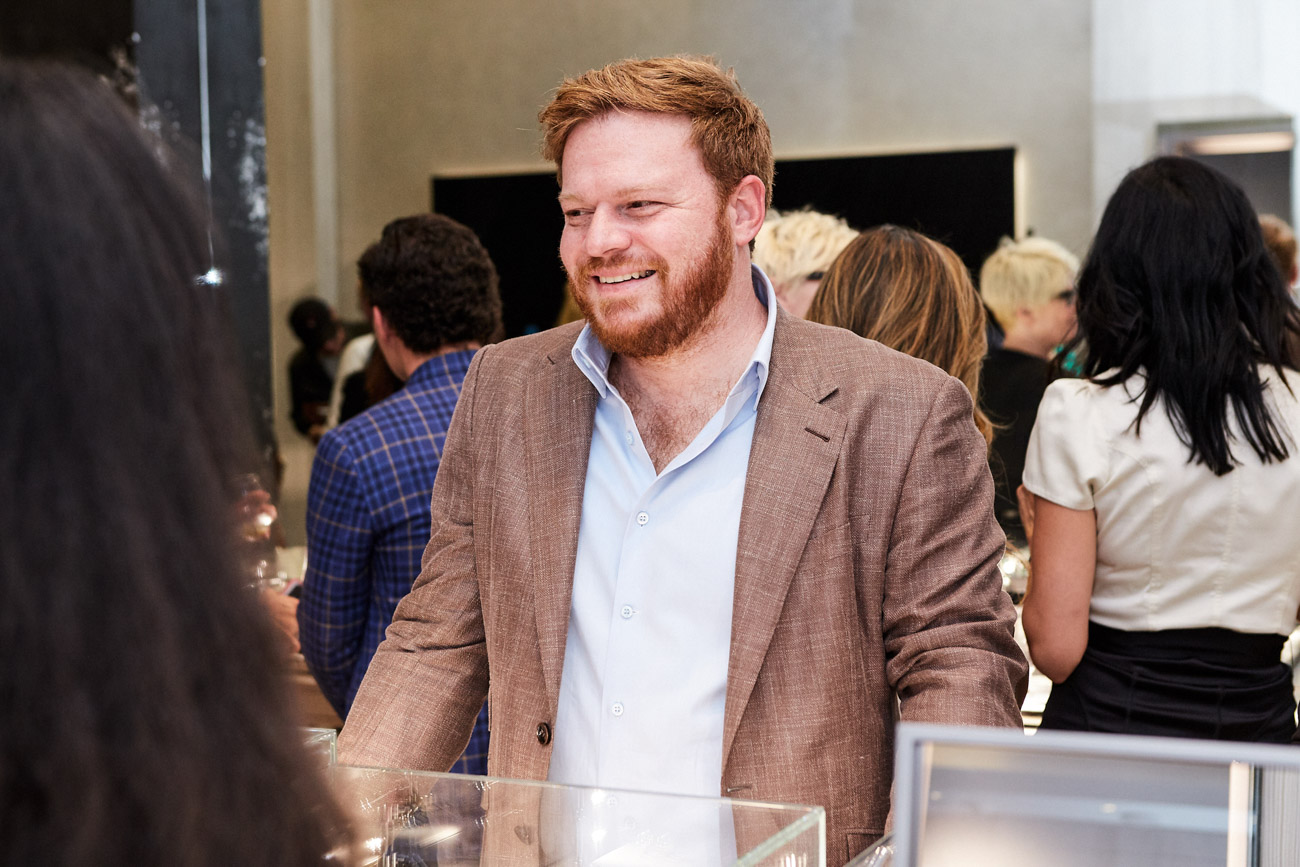
GS: One of our longtime clients here in L.A. said he needed a distraction. And he decided his solution was to by an H. Moser. So he did, and H. Moser drop-shipped it right to him. We’re also doing fun games on social media — challenges, Q&As, quizzes — to interact in different ways and lighten up the mood. We are getting positive responses.
AA: Are the watch brands Westime carries still being effective partners during this time? Important retailers often hinge their success on the relationships they have with the brands they carry. Is Westime still experiencing the same level of support from brands, or to a degree are your retail operations “on their own” until much of the pandemic crisis is over?
GS: This crisis is nobody’s fault, and it affects everyone: brands, retailers, customers, everyone. Our approach with all partners, not just brands, is to work together. No one is being particularly aggressive; the relationship between brands and retailers is that we try to help each other in the best way we can. Every single brand has reached out and asked what they can do to help.

AA: As commercial limitations are lifting in China, analysts are starting to see strong returns to shopping activity, even in the luxury sectors (which has surprised some of them). You and I probably aren’t as surprised by this as we know that a lot of consumers are eager at the change to celebrate the end of the crisis and luxury watch purchasing surges during times of collective celebration.
GS: A lot of people make purchases to mark a milestone in their life. A watch purchase can certainly mark something momentous. Will people want to remember the coronavirus with a purchase? I don’t know. What this virus has taught me is it is impossible to predict the future. We don’t know how long the recovery will take. In the future, I can say local customers will come by our boutiques here again, but I don’t know how long tourism will take to return to all of our markets, like Las Vegas, which is a place where our business relies on tourism. We do expect people to return to their passion. If watches were their passion, it will remain watches. One thing is certain: the economy will rebound, but we don’t know when.
